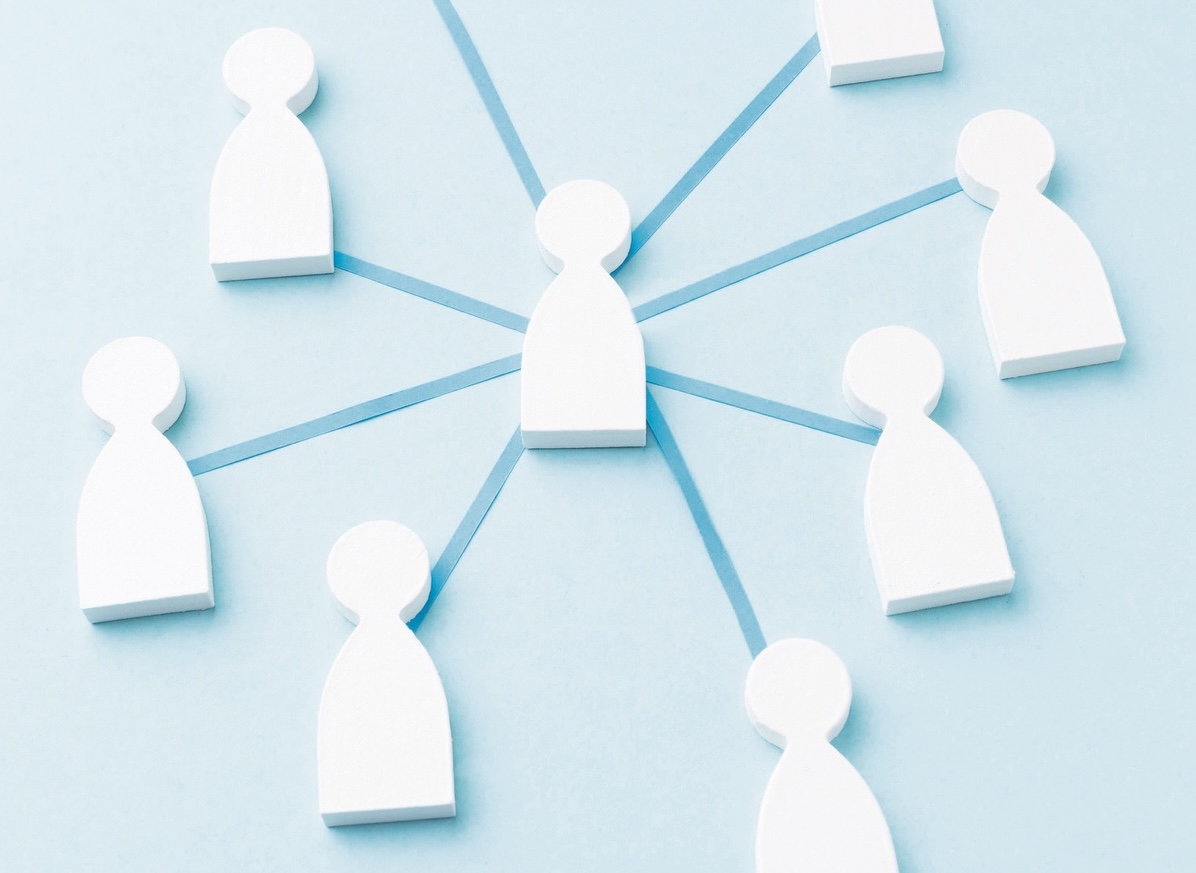Last month’s My Sunday News health report focused on the 2023 Surgeon General Advisory that “Our Epidemic of Loneliness and Social Isolation.” The Advisory cited several studies confirming that loneliness, isolation and alienation are on the rise. One especially telling study revealed that 25% of Americans claim that they have no one to share a personal problem with.
Other studies cited the benefits of being more connected- improved cardiovascular health, decreased diabetes, a strengthened immune system, and even a longer life. The good (and bad news) is that your social connections can improve (or trash!) not only your emotional but also your mental and physical health.
So what does the research say about increasing our social connections?
Promising scientific research has provided verification of the human need to connect. Recommendations on how we can become better connected focused on expanding our network of relationships, exercising our brains by interacting with others, and recognizing the unique challenges of seniors and how to overcome potential barriers to social connections.
Talking to strangers might make you happier, a study on ‘relational diversity’ finds
While the focus on social connection has traditionally been on the strong ties between family and close friends, new studies have begun looking at weaker ties and their importance to feelings of connection.
A study of over 50,000 people revealed that interacting with a more diverse set of relationship types predicted higher well-being. (Source: Relational diversity in social portfolios predicts well-being)
Another study, “Why a Stranger’s hello could do more than brighten your day” focused on research by Gilian Sandstorm. Fifty study participants were given two clicking counters and were asked to count every time they talked to some during the day. A follow-up survey showed that people who tended to have more conversations with weak ties tended to be happier than people who had fewer of those kinds of interactions on a day-to-day basis.
These and other studies surprisingly revealed that more casual, weaker ties can improve an individual’s well-being because, unlike close family or friendship bonds, weak ties don’t come with the tension and expectation of deeper relationships. Weak ties, while more superficial, were often more positive. Such pockets of interactions affirm an individual’s sense of belonging, and minimize loneliness, even if stronger relationships are lacking.
These studies prompted recommendations to build more social moments into our days-regularly exchanging pleasantries with your mail deliverer, chatting with those in the gym, enjoying a laugh with someone on an elevator with you, seeking out the friendly cashier who always has a kind word, sharing comments with a fellow student in a class with you — you get the idea.
Mayo Clinic: Interacting with others is exercise for your brain
In a March 2024 Mayo Clinic article, Amit Shaw, geriatrician and social connectedness expert, stated “Interacting with others is exercise for your brain – it’s one of the best ways to improve your cognitive flexibility. It’s likely more beneficial than doing crossword puzzles or other brain games.”
Yet he points out that getting older often means losing friends and family members through moves or illness and death. His recommendation: “Action is important. It can be hard and sometimes intimidating; to be in a social situation…It takes effort to learn about a new person or make a new connection, but it’s important to cognition.” Dr. Amit provides several other practical tips in this internet article: Surprising Key to Healthy Aging: Strong Social Connections.
The AARP Foundation’s campaign “Connect2affect”
In an effort to draw attention to how isolation can harm both physical and brain health, AARP has begun the Connect2affect program with the goal of “inspiring older people to take steps to increase the number and quality of their social contacts.” This link connect2affect.org/build-social-connections/ will lead to 8 strategies to build social connections.





